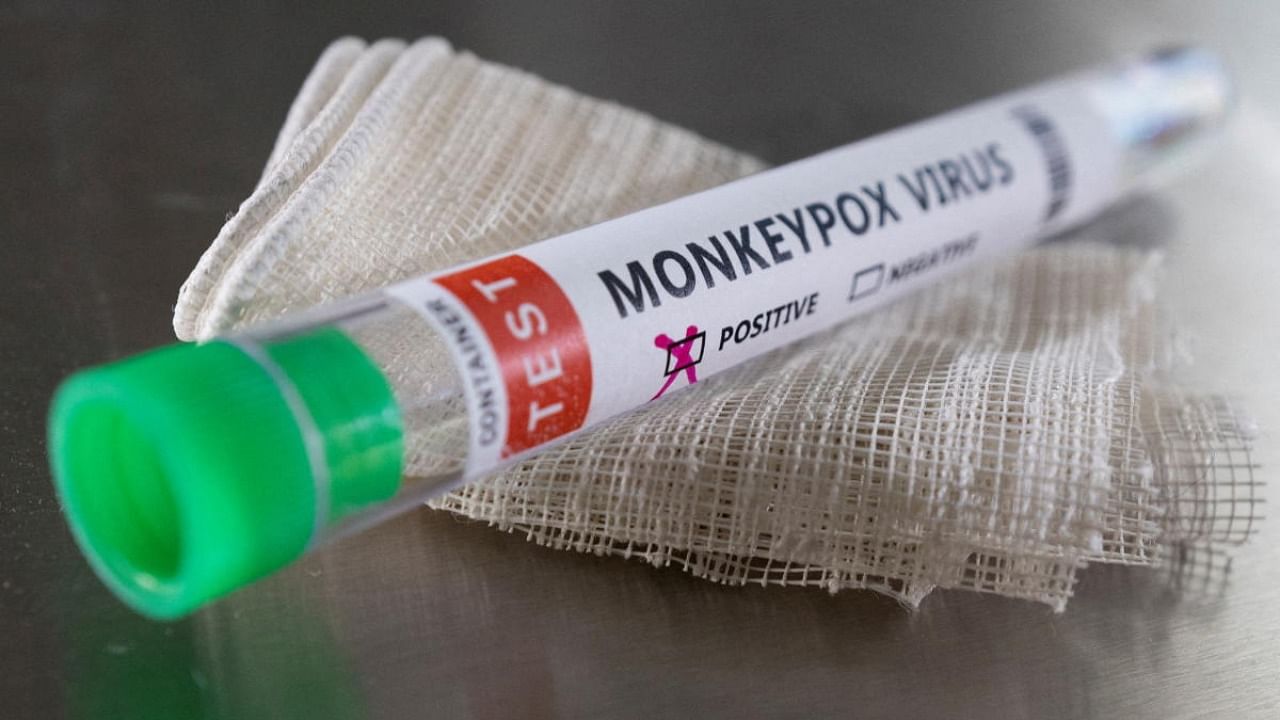
With a case of monkeypox being reported in Delhi on Sunday, the number of confirmed cases in India has risen to four, with the previous three being reported from Kerala. While those three cases were of individuals flying in from the Gulf countries, the infected man in Delhi did not have a recent history of foreign travel but is said to have attended a party recently in Himachal Pradesh, and that’s worrying. So is the fact that some of the co-passengers of the third infected person in Kerala were from Dakshina Kannada district in Karnataka. The infected have been isolated and are being treated. Their co-passengers have also been isolated. The usual protocols to cut the transmission chain have been set in motion. Indians have so far looked on with curiosity at the global monkeypox outbreak, but it is now time for both government and citizens to be on heightened alert and prepare for a possible outbreak.
The first case of monkeypox was reported in Africa in May. By Sunday, some 17,000 people had been reported infected in 74 countries. Although the virus was known to be slow to spread in Africa, it has spread much faster outside that continent, with Spain, the UK, Germany and the US accounting for most cases. The World Health Organisation on Saturday called the outbreak “unusual” and declared it a “global health emergency”. The virus is said to spread through respiratory droplets and skin contact. But as it was in the case of Covid initially, there is a dearth of information and research. It was first discovered in 1970 but no serious studies have till now been made. There is apprehension that the virus may have mutated and that may be the reason for its higher transmissibility in recent weeks. The symptoms are similar to those of smallpox, and the patient suffers from rashes and blisters. It has been noted that most cases are usually mild, with people recovering within a few weeks without intensive treatment. Children are likely to become more seriously ill than adults. Deaths have been few. Some vaccines and treatments are also available. But, again as in the case of Covid, new strains can emerge whose nature cannot be predicted now.
After the first case was reported in the country, the Union Health Ministry alerted all states to increase surveillance and to take necessary public health measures. There is a need to create greater public awareness. Though experts consider a pandemic of monkeypox unlikely, it has not been ruled out, either. At present, monkeypox cannot be compared with the coronavirus, but it should not be underestimated as a possible threat to public health